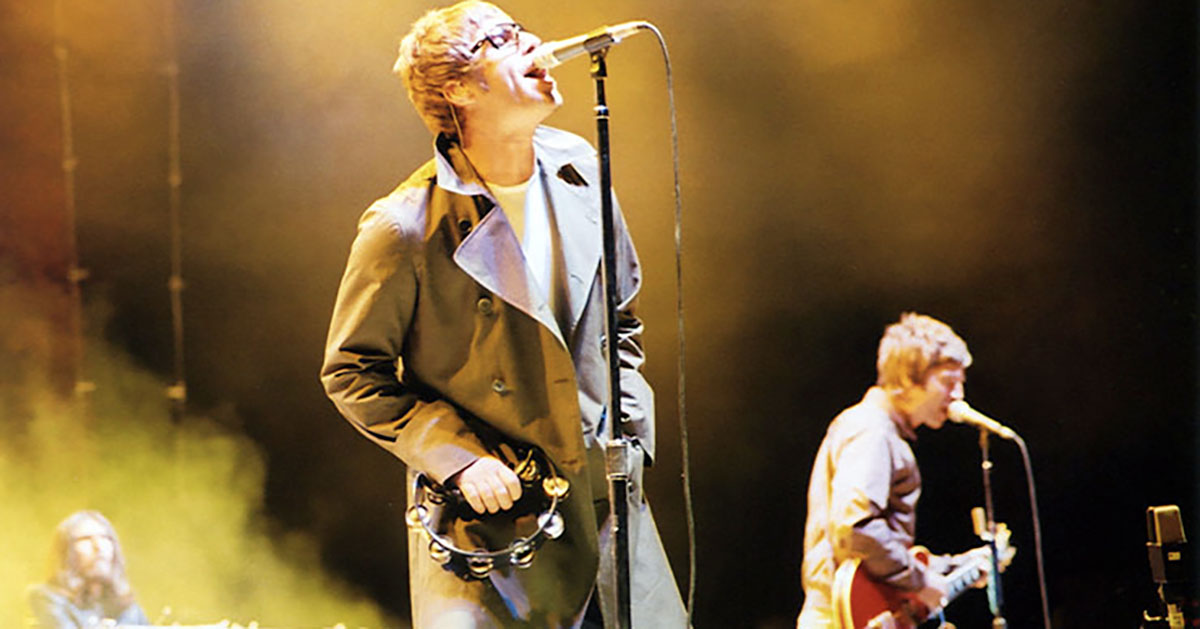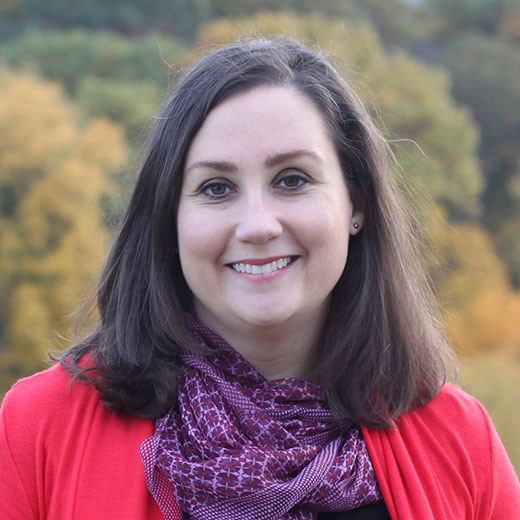Don’t Look Back in Anger: Business Lessons from the Oasis Reunion

For all their bickering, the famously fractious Gallagher brothers have a few lessons to teach about relationships in business.
Liam and Noel Gallagher are the creative force behind the chart-topping British band Oasis. They are well-known for their songs, particularly in the 1990s. They are also well-known for their squabbling.
Through the years, the brothers have lobbed insults and punches at each other. There were colorful incidents—Liam throwing a tambourine at Noel’s head, Noel hitting Liam with a cricket bat. A recording of one of their arguments was even released as a single. They finally, perhaps inevitability, broke up in 2009.
Fifteen years later, however, the brothers apparently have heeded the words in one of their signature songs, “Don’t Look Back in Anger,” and announced a 2025 reunion tour to much fanfare. “The guns have fallen silent,” the band said in a statement. “The stars have aligned. The great wait is over.”
In her research, Amanda Weirup, an assistant professor of management at Babson, focuses on negotiation and conflict management, including studying conflict in early-stage startups. The passion and emotions that accompany musicians, she says, aren’t too far removed from those that accompany entrepreneurs. “I relate bands to entrepreneurial ventures,” she says.
Weirup’s work looks at the disagreements that so commonly occur in business, and how one can prevent those disagreements from becoming personal and entrenched. “Conflict just means we currently disagree on something. That doesn’t mean we have to fight,” she says. “It is how we voice and deal with those differences that makes the venture productive.”
While the disputes of the Gallaghers seemed to have the long ago turned personal and downright nasty, the two have found a way to patch up their differences to hit the road. Weirup considers their rock ’n’ roll relationship and what it reflects in the wider world of business.
A Band Is Like a Startup

Entrepreneurs and band members have much in common. Both often have the same go-for-broke mentality. They are emptying bank accounts and pushing aside other responsibilities in pursuit of their passion. “It may feel like everything is on the line,” Weirup says.
As a result, people’s identities become wrapped up in their creations. Disagreements can turn personal and escalate quickly. “If you don’t like my music, you don’t like me,” Weirup says. “When you are attacking my creation, you are attacking me.” Just as in business, being in a band with family, as the Oasis brothers are, only makes the situation more fraught.
That’s why infighting and breakups are nothing new in rock and pop history, from The Beatles and The Rolling Stones, to Fleetwood Mac and Aerosmith.
The Eagles were so dysfunctional that their drummer, Don Henley, said he would reunite with his estranged bandmates “when hell freezes over.” Weirup knows professors who have taught the story of The Eagles, who ultimately reunited in the 1990s, in their organization classes. “They did all the things wrong you could possibly do wrong as a team,” Weirup says.
Communicate and Listen
Disagreements happen all the time, whether in business or in music. The trick is to make sure that those differences—arguments about responsibilities, about goals—are negotiated and figured out before they grow into something more. “It can get to the point where everything breaks down,” Weirup says.
In these simmering situations, Weirup offers tried and true advice. “My answer isn’t earth shattering,” she says. “It is one word: communication.”
Communicating isn’t easy, though, if emotions are raw and people are defensive and lashing out. “Are you in a place where you can listen and respond?” Weirup asks. “We don’t process well when we are in high negative emotions. We tend to interpret situations more negatively than is warranted by the facts. We need to help people de-escalate from high negative emotions.”
“We don’t process well when we are in high negative emotions. We tend to interpret situations more negatively than is warranted by the facts.”
Amanda Weirup, assistant professor of management
Ideally, people in a business or band should be able to ask questions of each other, questions that get to the heart of their disagreement, and really listen to the answers. “I can’t effectively find a mutually beneficial solution if I don’t fully understand your needs,” Weirup says.
A third party can help with this process. “All mediators are doing is trying to get the sides to talk and listen,” Weirup says. Even rock bands can benefit from an outsider’s help. When it was going through a trying time, the heavy metal band Metallica brought in a therapist, as is depicted in the documentary Metallica: Some Kind of Monster.
What Would It Take
Once disagreements turn emotional and personal, turning down the heat is difficult. In tough, thorny situations, Weirup has a favorite question she likes to ask, one that grounds the conversation. The question starts with “What would it take” and then concludes with a goal to be reached.
So, in the case of a band, one might say, “What would it take for you to sing this song?” Or, in the case of Oasis, the question might be, “What would it take for you to reunite and tour?”
Somehow, despite the band’s explosive history, Oasis found a way to answer that question. Perhaps the passage of time, as it often does, changed the nature of their disagreements.
Or, maybe there was one straightforward consideration that took precedence above all others. “There is money to be made,” Weirup says.
Posted in Insights






